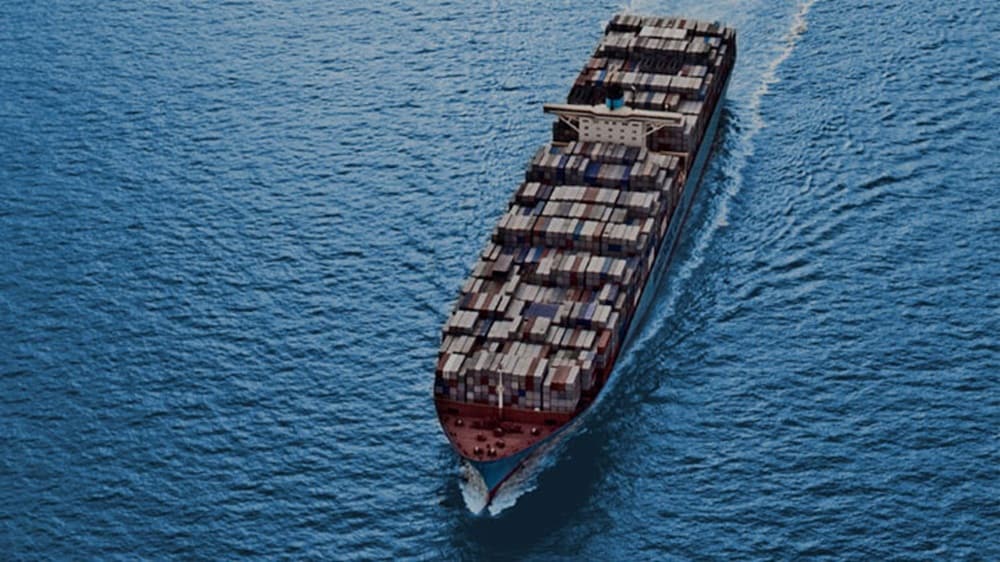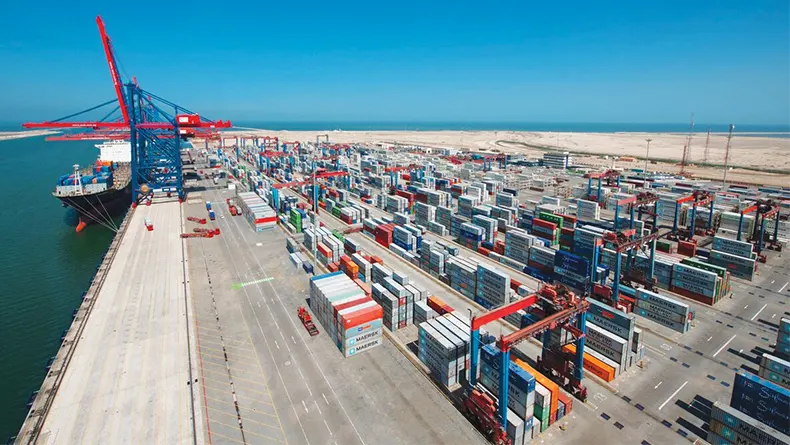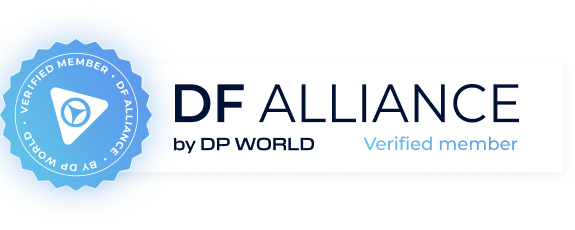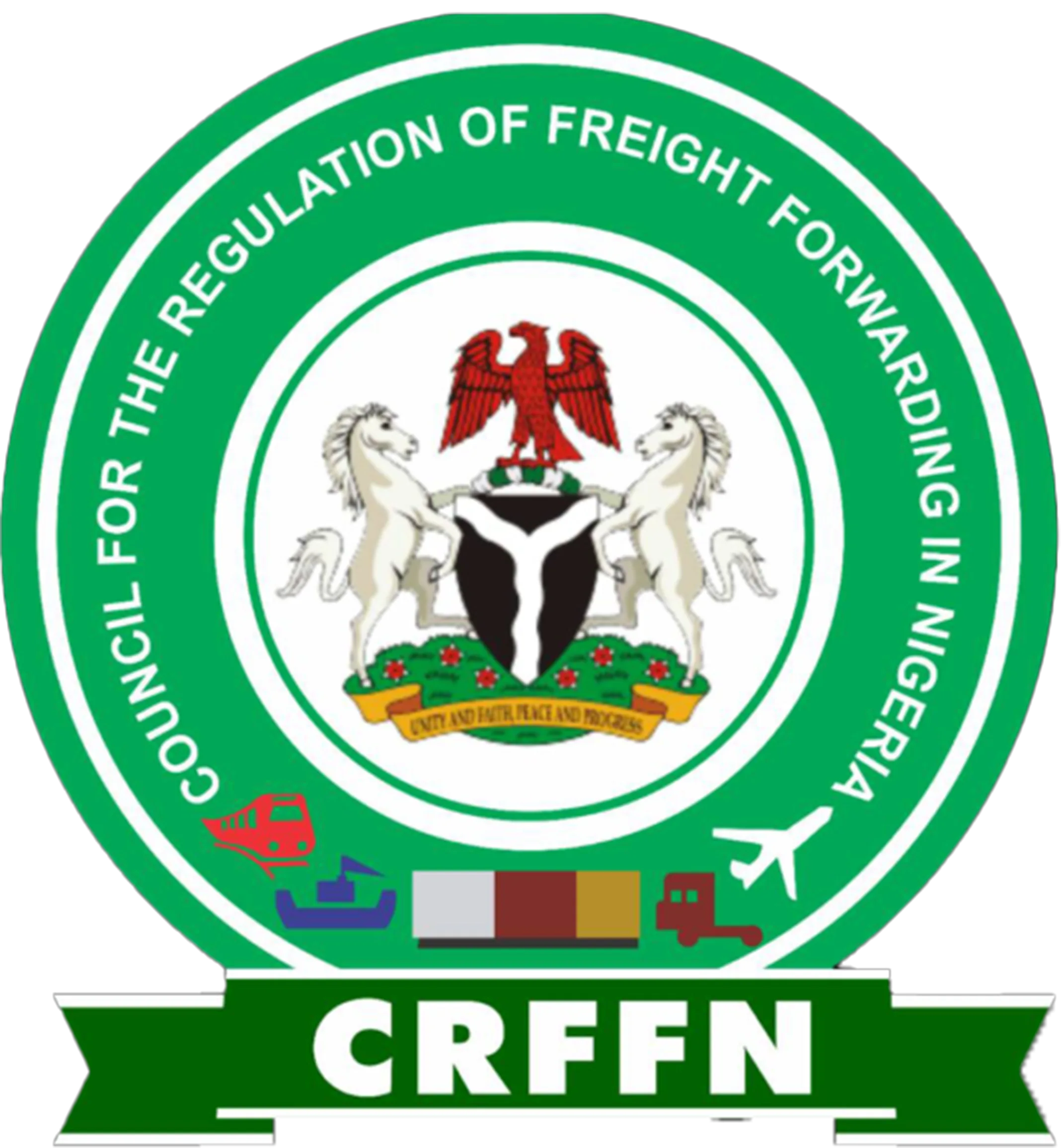Connecting Sudan across Africa and beyond
We have been connecting Sudanese businesses across Africa and beyond for many years.
Limark has been a trusted partner for Sudanese businesses, facilitating growth and integration into the global marketplace. Whether your cargo is agricultural products, livestock, petroleum, or manufactured goods, we provide end-to-end logistics solutions tailored to your specific needs.
Our vast network of transportation partners, combined with our in-depth understanding of Sudanese trade regulations and customs procedures, ensures your goods’ seamless and efficient movement, both domestically and internationally.

Import regulations
Importing goods to Sudan requires navigating specific procedures and documentation. Here’s a breakdown of the essential requirements:
Product Categories Requiring Import Licenses/Permits
Food and Agricultural Products
- Imports of meat, dairy products, fish, grains, fruits, and vegetables require import permits from the Ministry of Agriculture and Forestry (MoAF).
- Phytosanitary certificates are required for plants and plant products to ensure they are free from pests and diseases.
- Specific import licenses may be necessary for certain agricultural products like wheat, sugar, and edible oils.
Pharmaceuticals and Medical Devices
- The National Medicines and Poisons Board (NMPB) regulates the import of pharmaceuticals and medical devices.
- Import permits and product registration are mandatory.
- Medicines must comply with Good Manufacturing Practices (GMP) and be registered with the NMPB.
- Medical devices must meet relevant technical standards and be approved by the NMPB.
Chemicals and Hazardous Materials
- The Higher Council for Environment and Natural Resources (HCENR) regulates the import of chemicals and hazardous materials.
- Import permits are required, and detailed safety data sheets (SDS) must be submitted.
- Strict adherence to packaging, labeling, and transportation regulations is essential.
Vehicles and Spare Parts
- The Ministry of Industry and Trade (MoIT) regulates the import of vehicles and spare parts.
- Import permits are required for vehicles.
- Age and emission standards apply to used vehicles.
- Conformity certificates from accredited bodies may be required for vehicles and spare parts.
Other Regulated Products
Additional import licenses or permits may be required for specific products like telecommunications equipment, explosives, firearms, and cultural artifacts.
Prohibited and Restricted Imports
Prohibited
- Narcotic drugs and psychotropic substances
- Pornographic and obscene materials
- Counterfeit and pirated goods
- Hazardous waste (Basel Convention)
- Ozone-depleting substances (Montreal Protocol)
- Weapons and ammunition (except with authorization)
- Israeli-origin goods
Restricted (require special permits)
- Live animals and animal products (require health certificates)
- Plants and plant products (require phytosanitary certificates)
- Alcohol (requires a permit from the Ministry of Finance and Economic Planning)
- Tobacco products (require a permit from the Ministry of Finance and Economic Planning)
- Used clothing (requires a permit from the Ministry of Trade and Industry)
- Right-hand drive vehicles (requires a special permit)
- Radioactive materials
Relevant agencies
- Sudan Customs Authority
- Ministry of Finance and Economic Planning
- Ministry of Agriculture and Forestry (MoAF)
- Ministry of Health
- National Medicines and Poisons Board (NMPB)
- Higher Council for Environment and Natural Resources (HCENR)
- Ministry of Industry and Trade (MoIT)
- Central Bank of Sudan (CBOS)
Free Time
- Varies depending on the shipping line and port, typically ranging from 7 to 14 days after the container is discharged.
- May be extended under certain circumstances or by negotiation with the shipping line.
Demurrage charges
- Applied when the free time is exceeded.
- Calculated per container, per day.
- Rates vary depending on the shipping line, container size, and time elapsed.
Detention charges
- Applied when the container is held beyond the agreed-upon time for return to the shipping line after being picked up from the port.
- Separate from demurrage charges.
- Rates vary depending on the shipping line and container size.
Storage Limitations
- Port terminals have limited storage capacity.
- Containers not cleared within the allowed time are moved to an off-dock depot at the importer’s expense.
Calculation Methods: Demurrage and detention charges are calculated based on calendar days, including weekends and public holidays.
Commercial Invoice
- Detailed description of goods (including HS codes)
- Quantity, weight, and unit price of goods
- Total invoice value (in USD or SDG)
- Incoterms (International Commercial Terms)
- Payment terms
- Consignee and consignor details
Packing List
- Detailed list of all items in each package
- Description, quantity, weight, and dimensions of each item
- Package markings and numbers
Bill of Lading/Airway Bill
- Evidence of the contract of carriage between the shipper and carrier
- Details of the shipment, including the consignee, consignor, and port of loading/discharge
Certificate of Origin
- Declares the origin of the goods
- May be required for preferential tariff treatment under trade agreements (e.g., COMESA)
- Import License/Permit (for regulated goods):
- Issued by the relevant government agency
Form A/B (for preferential origin)
- Required for goods originating from countries with which Sudan has preferential trade agreements.
- Certificate of Conformity (CoC):
- Required for certain regulated products to ensure compliance with Sudanese standards.
- Issued by an accredited inspection company.
Other Certificates
- Phytosanitary certificate (for plants and plant products)
- Health certificate (for animals and animal products)
- Certificate of analysis (for chemicals and food products)
- CITES permit (for endangered species)
Import licenses and permits
- Identify the Regulating Agency: Determine the specific ministry or agency responsible for your goods based on the product category.
- Gather Required Documents:
- Proforma invoice or commercial contract
- Technical specifications and data sheets (if applicable)
- Certificates of origin, analysis, quality, etc.
- Business registration documents (for companies)
- Taxpayer identification number (TIN)
- Any additional documentation specific to the product or agency
- Submit Application:
- Complete the import permit application form.
- Submit the application along with required documents and fees to the relevant agency.
- Applications are typically submitted online or in person.
- Processing and Approval:
- The application will be reviewed and processed by the agency.
- Processing times vary but can take several weeks.
- If approved, the import permit/license will be issued.
- Validity and Renewal:
- Validity periods vary depending on the product and agency.
- Renewal procedures involve submitting a new application with updated documents before the expiry date.
- Costs:
- Import permit fees vary depending on the product and agency.
- Additional costs may include inspection fees and testing fees.
Customs clearance procedures
- Pre-Shipment Inspection (PSI):
- Required for most commercial shipments valued over USD 5,000.
- Conducted by authorized inspection companies in the country of origin.
- Verifies the quality, quantity, and value of goods.
- Arrival and Unloading:
- Vessel or aircraft arrives at the port or airport.
- Cargo is unloaded and placed in customs control.
- Document Lodgement and Declaration:
- Importer or their agent lodges import documents (commercial invoice, packing list, bill of lading, etc.) with customs.
- Electronic declaration is submitted through the ASYCUDA World system.
- Assessment and Payment:
- Customs verifies the documents and assesses import duties, taxes, and fees.
- Payment is made through a local bank.
- Inspection (if required): Customs may select shipments for physical inspection based on risk assessment.
- Release of Goods: If the shipment complies with all regulations and requirements, and duties/taxes are paid, customs releases the goods.
Port/Terminal operations
Major Seaports
Port Sudan: The main commercial port, handling containerized and general cargo.
Air Cargo Hub
Khartoum International Airport: The main airport for air cargo imports.
Cut-off Dates
- Vary depending on the shipping line and destination.
- Confirm with your shipping agent or freight forwarder well in advance.
- Documentation Requirements at Terminals:
- Ensure all required documents are submitted electronically through the ASYCUDA World system before the shipment arrives.
- Original documents may be required for verification at the terminal.
Container Pickup/Drop-off and Storage
- Coordinate with your shipping agent or freight forwarder for container pickup and drop-off procedures.
- Be aware of free time limitations and potential demurrage/detention charges.
Disclaimer: This information is based on the latest available data and may be subject to change. Always consult with relevant authorities and experts for the most up-to-date and accurate information.
Export regulations
Get a detailed guide that provides an in-depth look into every aspect of the export process to ensure your goods are shipped efficiently and in compliance with all legal standards.
Product Categories Requiring Export Licenses/Permits
Agricultural Products
Sesame Seeds, Groundnuts, Cotton: Sudan’s major agricultural exports are subject to export licenses from the Ministry of Agriculture and Forestry (MoAF) to ensure quality control, traceability, and compliance with international standards.
Livestock (cattle, sheep, camels): Exporting live animals requires permits from the MoAF and adherence to animal health and welfare regulations. Health certificates and veterinary inspections are mandatory.
Minerals (Gold, Petroleum Products)
Gold: Export permits are required from the Central Bank of Sudan (CBoS). Exporters must declare the quantity and value of gold exports to ensure proper monitoring and control of this valuable resource.
Petroleum Products: Exports of crude oil and petroleum products are regulated by the Ministry of Energy and Mining. Licenses are required to ensure compliance with production quotas and export regulations.
Gum Arabic
Sudan is a leading producer of Gum Arabic, a natural gum with various industrial applications. Exporting Gum Arabic requires a permit from the Gum Arabic Council to maintain quality standards and protect the reputation of Sudanese Gum Arabic in the international market.
Other Regulated Products
- Scrap Metal: Export permits are required from the Ministry of Industry and Trade to control the export of scrap metal and prevent illegal activities.
- Leather and Leather Products: Exports may require licenses from the Ministry of Industry and Trade and compliance with quality standards.
Prohibited and Restricted Exports
Prohibited
- Narcotic drugs and psychotropic substances: Strictly prohibited under national and international law.
- Pornographic and obscene materials: Not permitted for export.
- Counterfeit and pirated goods: Illegal to export due to intellectual property rights violations.
- Hazardous waste (Basel Convention): The export of hazardous waste is strictly controlled to protect human health and the environment.
- Ozone-depleting substances (Montreal Protocol): Export is prohibited to protect the ozone layer.
- Weapons and ammunition: Except with authorization from the Ministry of Defense.
Restricted
- Endangered species and products (CITES): Requires permits from the Wildlife Administration and adherence to CITES regulations.
- Live animals and animal products: Require health certificates from the MoAF to ensure animal health and prevent the spread of diseases.
- Plants and plant products: Require phytosanitary certificates from the MoAF to prevent pests and diseases in other countries.
- Certain minerals and metals: May require export permits or be subject to export quotas.
Required Documents
- Commercial Invoice: Detailed description of goods (including HS codes), quantity, weight, value (in USD or SDG), Incoterms, payment terms, and complete details of the consignee and consignor.
- Packing List: Itemized list of goods in each package, including description, quantity, weight, dimensions, and package markings.
- Bill of Lading/Airway Bill: Evidence of the contract of carriage between the shipper and carrier, with details of the shipment, consignee, consignor, and port of loading/discharge.
- Certificate of Origin: Issued by the Sudan Chamber of Industries, declaring the origin of the goods. It may be required for preferential tariff treatment under trade agreements (e.g., COMESA).
- Export Declaration Form (EDF): Submitted electronically through the ASYCUDA World system, providing detailed information about the shipment.
- Export License/Permit (if applicable): Issued by the relevant government agency.
Export Declaration Process (through ASYCUDA World)
- Register as an exporter on the ASYCUDA World platform.
- Prepare and submit the EDF electronically through ASYCUDA World.
- Customs verifies the declaration and supporting documents.
- If compliant, customs approves the export and issues an export permit (if required).
- Pay any applicable export duties or taxes.
Required export certificates
- Phytosanitary Certificate (for plants and plant products): Issued by the MoAF.
- Health Certificate (for live animals and animal products): Issued by the MoAF.
- Certificate of Analysis (for certain products): Issued by an accredited laboratory to confirm quality and safety standards.
- CITES Permit (for endangered species): Issued by the Wildlife Administration.
Major Seaports
- Port Sudan: The main commercial port, handling containerized and bulk cargo.
- Osman Digna Port: A smaller port mainly used for livestock exports.
Air Cargo Hub
Khartoum International Airport: The main airport for air cargo exports, with dedicated cargo terminals and handling facilities.
Cut-off Times and Procedures
- Vary depending on the shipping line or airline and destination.
- Confirm with your shipping agent or freight forwarder well in advance.
- Procedures typically include document submission through ASYCUDA World, customs clearance, security screening, and cargo loading.
Container Storage and Free Time
- Port Sudan offers container storage facilities.
- Free time for storage varies depending on the shipping line and the type of cargo, typically ranging from 5 to 10 days.
- Storage fees apply after the free time expires.
Returning Empty Containers
- Coordinate with your shipping line or agent to return empty containers to the designated depot.
- Failure to return containers on time may result in detention charges.
Duties, Taxes, and Fees
Export Duties: Generally, Sudan does not impose export duties on most goods. However, specific export taxes or royalties may apply to certain products (e.g., gold, petroleum products).
Other Fees: Customs processing fees, document handling charges, terminal handling charges, storage fees (if applicable), and any specific taxes or levies related to the exported product.
Disclaimer: This information is based on the latest available data and is subject to change. Always consult with relevant authorities and experts for the most up-to-date and accurate information.

Expertise You Can Trust
Seamless cross-border shipping to and from Sudan
Sudan’s unique trade landscape presents a complex set of challenges, but Limark is your trusted partner in navigating these intricacies. Our deep-rooted knowledge of Sudanese regulations and customs procedures ensures your shipments are handled with utmost care and efficiency, minimizing delays and maximizing your profitability.
Our team of skilled local experts, combined with our robust network and cutting-edge technology, guarantees smooth operations and optimal cost savings for your business. Partner with Limark today and experience the difference of working with a dedicated and knowledgeable supply chain leader in Sudan.
Get Expert Guidance
Contact our regional experts
Partner with experienced freight forwarders and customs brokers for seamless shipping to and from Sudan. Ensure full documentation compliance with the guidance and logistics services of our team.
Sales enquiries
We’re happy to talk to you about your shipment needs anytime. Please get in touch with us.
Ready to ship?
Get your shipment moving faster. Request a quote today for our end-to-end supply chain services.
Other African Countries










